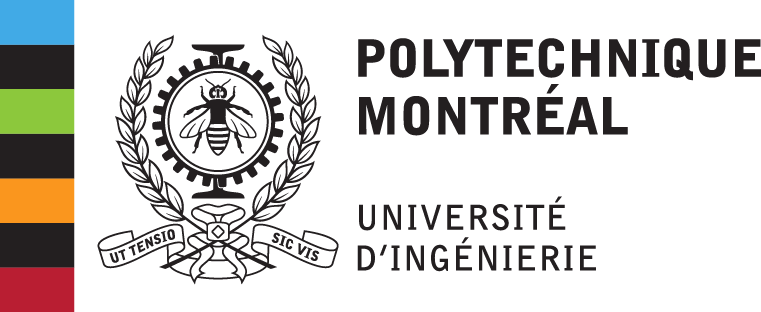Water shortages threaten more and more people. Cape Town (South Africa) had to impose severe restrictions on water consumption in 2018 due to extreme shortages. In the summer of 2020 in Quebec, restrictions had to be put in place, and First Nations have been challenged by problems of access to drinking water for several years. These examples illustrate that water stress knows no borders, and is getting worse as a result of climate change. Alternative water sources, including adsorption from the atmosphere, are needed to secure our water resources. Nanoporous sponges (NPS) are novel carbon-based adsorbents, synthesized by pyrolysis of low-cost precursors in resin form, which achieve performance comparable to state-of-the-art MOF materials, but at lower cost. NPS were developed at Polytechnique Montréal, in partnership with McGill University and Awn Nanotech, via a collaboration begun in 2017.
The proposed project aims to bridge the gap between laboratory prototype and user implementation by addressing fundamental issues. Specifically, we aim to: (1) understand the parameters affecting the scale-up of the NPS synthesis process and evaluate approaches to improve their properties; (2) identify the parameters affecting water capture and release, via theoretical models and experimental validation, and quantify the energy requirements; and (3) fabricate and test new generations of NPS-based water capture devices, while validating the quality of the water produced. The PhD student will be part of a dynamic multidisciplinary team, where he/she will work in particular on system energy optimization.
Contact jason.tavares@polymtl.ca with your CV, transcript and covering letter.
